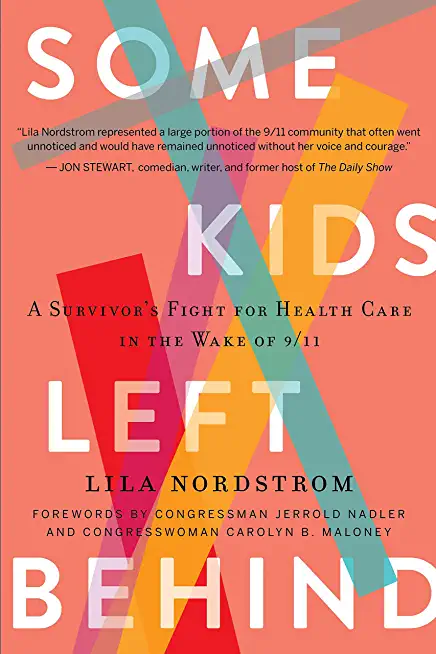
description
rmless; some are helpful. A few are killers. Collectively, infectious fungi are the most devastating agents of disease on earth, and a fungus that can persist in the environment without its host is here to stay. In Blight, Emily Monosson documents how trade, travel, and a changing climate are making us all more vulnerable to invasion. Populations of bats, frogs, and salamanders face extinction. In the Northwest, America's beloved national parks are covered with the spindly corpses of whitebark pines. Food crops are under siege, threatening our coffee, bananas, and wheat--and, more broadly, our global food security. Candida auris, drug-resistant and resilient, infects hospital patients and those with weakened immune systems. Coccidioides, which lives in drier dusty regions, may cause infection in apparently healthy people. The horrors go on.
Yet prevention is not impossible. Tracing the history of fungal spread and the most recent discoveries in the field, Monosson meets scientists who are working tirelessly to protect species under threat, and whose innovative approaches to fungal invasion have the potential to save human lives. Delving into case studies at once fascinating, sobering, and hopeful, Blight serves as a wake-up call, a reminder of the delicate interconnectedness of the natural world, and a lesson in seeing life on our planet with renewed humility and awe.
member goods
No member items were found under this heading.
listens & views

HISTORY OF BLUEBEAT: BB26 - ...
by HISTORY OF BLUEBEAT: BB26 - BB50 / VARIOUS
VINYL LPout of stock
$21.99
Return Policy
All sales are final
Shipping
No special shipping considerations available.
Shipping fees determined at checkout.






